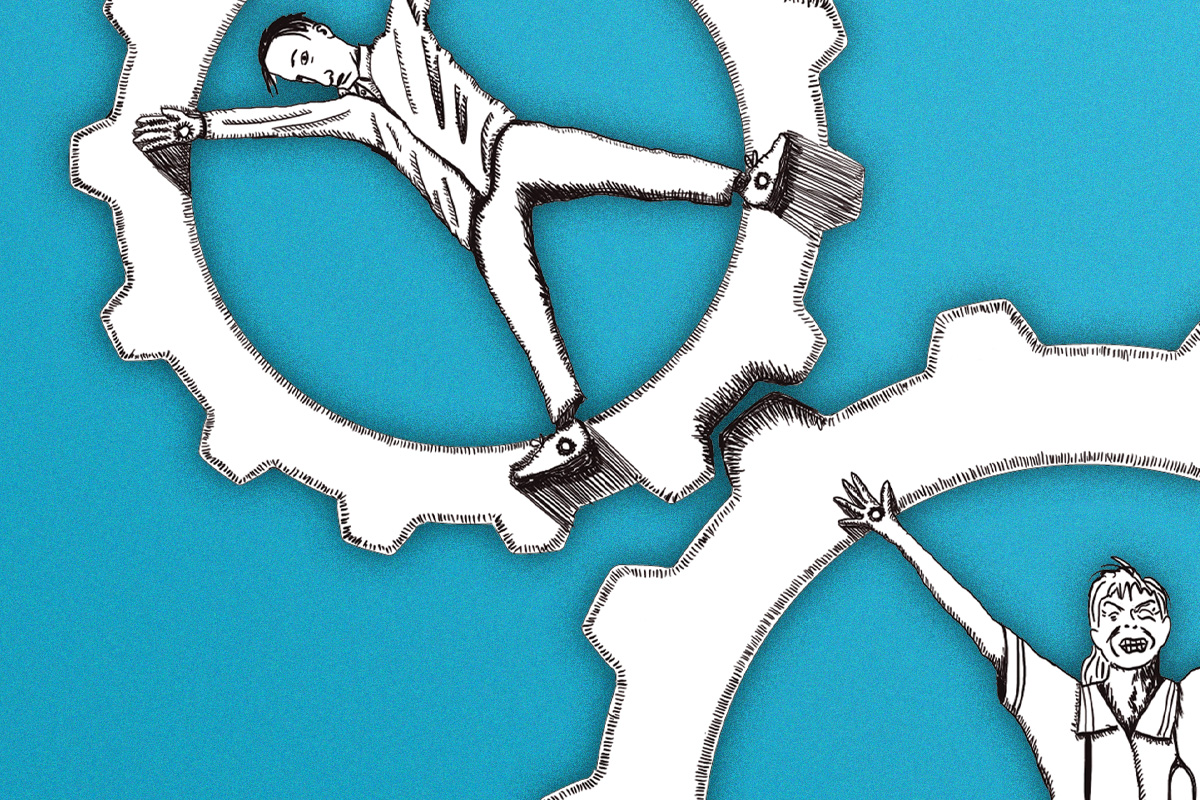Last week, Labour-controlled Hull City Council approved its £14m cuts budget for the next financial year. Labour councillors who refuse to back austerity are being threatened with explusion from the Labour group on the council. Rob Sewell, editor of Socialist Appeal, explains how the trade union leaders must rally to support all Labour councillors opposing the cuts.
Last week, Labour-controlled Hull City Council approved its £14m cuts budget for the next financial year. Householders will now face increased council tax bills and other charges, along with cuts to vital services. Overall, some 450 jobs are expected to be axed in the authority as a result of reductions being implemented across the council. Some areas will be faced with privatisation.
Two Labour city councillors, Gill Kennet and Dean Kirk, who refused to back the council’s budget, will once again be shamefully disciplined for their stand against the cuts.
Gill Kennett, who, along with two other Hull councillors, gave greetings to last year’s Socialist Appeal conference, voted against the Labour budget, which included a 1.9 per cent council tax increase and cuts to jobs and services. This time around Dean Kirk abstained in the vote, but, together with Gill, will now face being expelled from the Labour group for the second time in 12 months.
Gill said she voted against the budget “because it was my own statement against what has been forced on this council by the funding cuts imposed by the Tory-Liberal Democrat Government.”
“Because of my background working in social services for 25 years in Hull and helping people in some of our most deprived communities, I could not honestly support more cuts.
“I just couldn’t put my name to that.
“I have no doubt there will be some form of disciplinary action taken against me but I knew that was inevitable.”
Gill, who was given a three-month suspension from the Labour group last year, said: “The government has created these cuts, not the council or the Labour group, but, like last year, I had to draw a line in the sand.”
Dean Kirk decided to abstain rather than vote against the Labour budget at this year’s the full council meeting. “It was still very difficult for me but I believe it was the right thing to do,” said Dean.
Gary Wareing, who was also suspended last year for voting against his own group’s budget, voted in favour this time round. He said that he changed his position due to personal reasons.
This was extremely disappointing, as Gary had played a leading role. Whatever Gary’s personal reasons, his actions have served to weaken the fight against the cuts and is clearly a serious blow. It is a shame that the three rebel councillors did not continue their united front in voting against the cuts. After taking a principled stand last year in opposing the cuts, what has changed? The cuts have only become deeper. And there will be more to come. Councillors can either defy the cuts or implement them on behalf of the coalition government. There is no middle path. There can be no dented shield.
Again, out of solidarity, it would have been preferable for Dean to have voted the same way as Gill, who has firmly stood her ground. The fact that the council leaders have attempted to woo the rebel councillors by helping with a couple of issues in their wards should cut no ice. This was a cynical attempt to divide the rebel councillors and encourage them to end their resistance to the cuts. We must not let the opposition be divided.
We know the rebel councillors have been put under enormous pressure from council leaders. Last year Gill was given a three month suspension from the Labour group; Dean was given an unlimited suspension, which was reduced on appeal to three months; Gary was given an unlimited suspension, which was reduced to six months on appeal. An attempt was made to isolate them among the other Labour councillors, but this was largely ignored. They have also been threatened with expulsion from the party. We must be aware that these actions are to be expected and are a consequence of their principled stand.
The movement must not allow those comrades who choose to fight to be isolated. Unfortunately, this has largely been the case, especially in regards to what should have been done. In particular, the trade unions have failed to deliver a mass campaign. The number of protesters outside the full council meeting had dwindled, even compared to last year. Council workers were balloted for action three times over attacks to terms and conditions, but after concessions, this prospect fell through. The lack of a real campaign locally and nationally has also meant that workers have taken a way out through voluntary redundancies.
The national trade union leaders have washed their hands of any struggle. While they may make half-hearted gestures or verbal opposition to the cuts, in practice, they have done nothing. When Gill Kennett went to the headquarters of UNISON in London to seek help, she was left completely discouraged. There was no help at hand. On the contrary, the advice she was given was to throw in the towel and abandon her opposition. “What is the point? There are only three of you,” she was told. The same was true of Gary Wareing who approached the ASLEF leadership for support, but got nowhere.
Only by mass opposition, led by the trade unions, can we defeat the cuts. They have the resources to mobilise thousands and tens of thousands in Hull and elsewhere, but disgracefully they have sat on their hands.
The fact that within the Hull Labour group, prior to the council meeting where the local Labour position on the budget was discussed, ten councillors voted to oppose the cuts shows that there is latent opposition that can be exploited. However, without a mass campaign outside the party, then this potential opposition will not feel confident enough to break the Labour whip.
We salute those Labour councillors who have stood up against all the odds. But this is not the end of the matter. The austerity is going to intensify. To take the struggle forward, the ranks of the trade union and labour movement must be galvanised into action. Pressure must be brought to bear on the trade union leaders to come off the fence and commit themselves to a real struggle. If they are not prepared to lead it, then they should make way for those who are.
This fight must also be linked to a socialist programme to break the power of big business. Only in this way can we move forward to defeat this coalition government and the austerity imposed by capitalist crisis.






